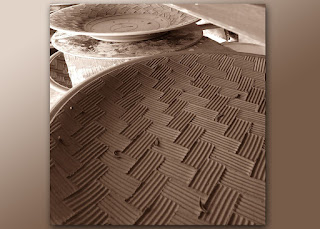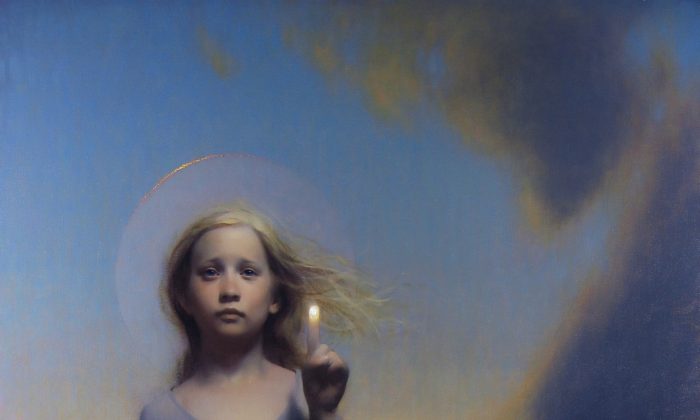The LORD is my shepherd; I am a collie
He maketh me to lie down in green pastures. When he says “Down, Laddie. Down” I obey. Sometimes mid-run. Sometimes more willingly than other times because moving the flock is my passion. Herding is what I was born to do.
So, I don’t need coaxing to herd. I only need direction. And that
comes in a faint, distant whistle. You didn’t hear it? I’m not
surprised. Even I can’t see its source. Even I can barely hear it.
But herding restores my soul. It is my right path. On this the shepherd and I agree.
Today we moved the flock by still waters.
But tomorrow might be that place in the valley where the rocky terrain tends to split the flock. Keeping the flock together tomorrow might require far more of me. I might not be able to do it on my own. Sometimes I suspect that the shepherd comes in with his staff and works the side of the flock that I can’t reach.
It just occurred to me that for some reason you imagined that I, a collie, was herding other dogs. I’m not sure where you got that idea. I’m not. I herd sheep. Some dogs pull carts and sleds. Some guard the home. Still others hunt. I don’t manage other dogs. I’m not the shepherd.
The shepherd prepares a meal for me – the food I need and lots of water.
At the end of the long day he brushes out my coat. I don’t need burrs or ticks following me inside, ‘cause I dwell in the house of the shepherd.
But herding restores my soul. It is my right path. On this the shepherd and I agree.
Today we moved the flock by still waters.
But tomorrow might be that place in the valley where the rocky terrain tends to split the flock. Keeping the flock together tomorrow might require far more of me. I might not be able to do it on my own. Sometimes I suspect that the shepherd comes in with his staff and works the side of the flock that I can’t reach.
It just occurred to me that for some reason you imagined that I, a collie, was herding other dogs. I’m not sure where you got that idea. I’m not. I herd sheep. Some dogs pull carts and sleds. Some guard the home. Still others hunt. I don’t manage other dogs. I’m not the shepherd.
The shepherd prepares a meal for me – the food I need and lots of water.
At the end of the long day he brushes out my coat. I don’t need burrs or ticks following me inside, ‘cause I dwell in the house of the shepherd.




